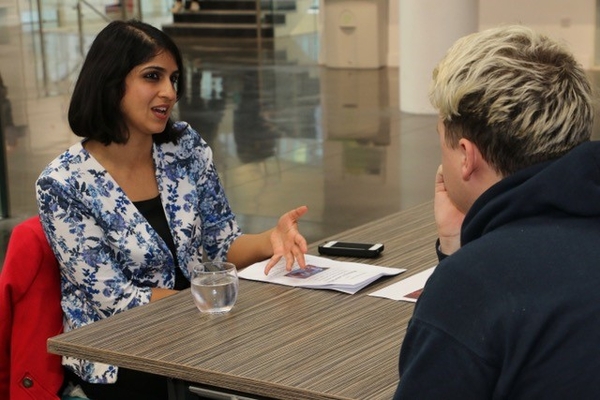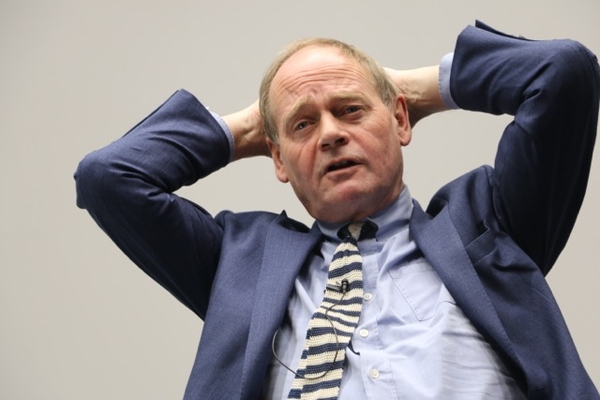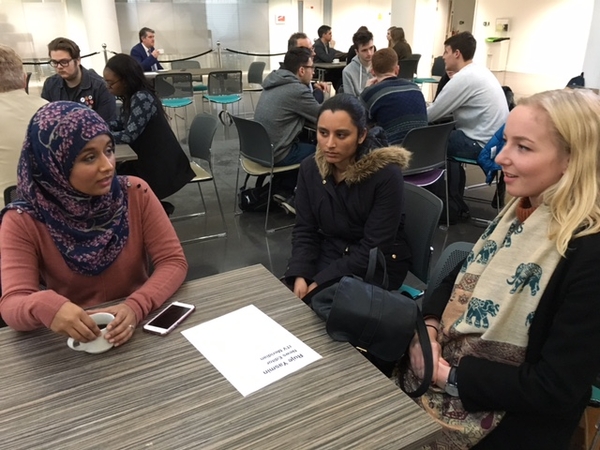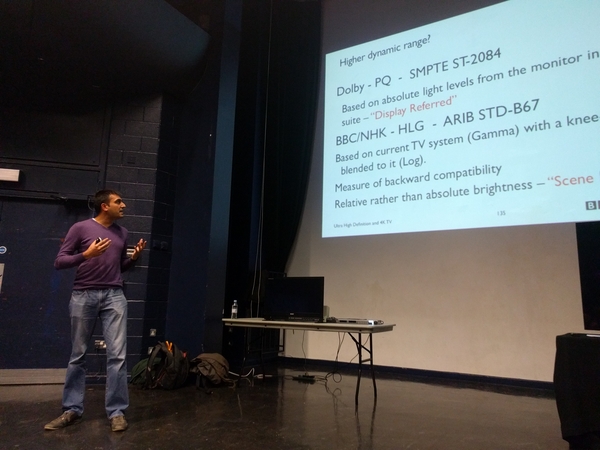Journalists offer advice to Southern students
It is one of the best forums for students to meet working journalists to discuss current opportunities and career development. And, to prove the point, three of the 15 journalists at the event had attended as students in the past two years. In fact, one gained her job with Sky News as a result of the contact she made as a student in 2017.
The professionals included on-screen and online staff from BBC South, ITV Meridian and Sky News, as well as reporters from BBC Radio Solent and the Portsmouth News.




